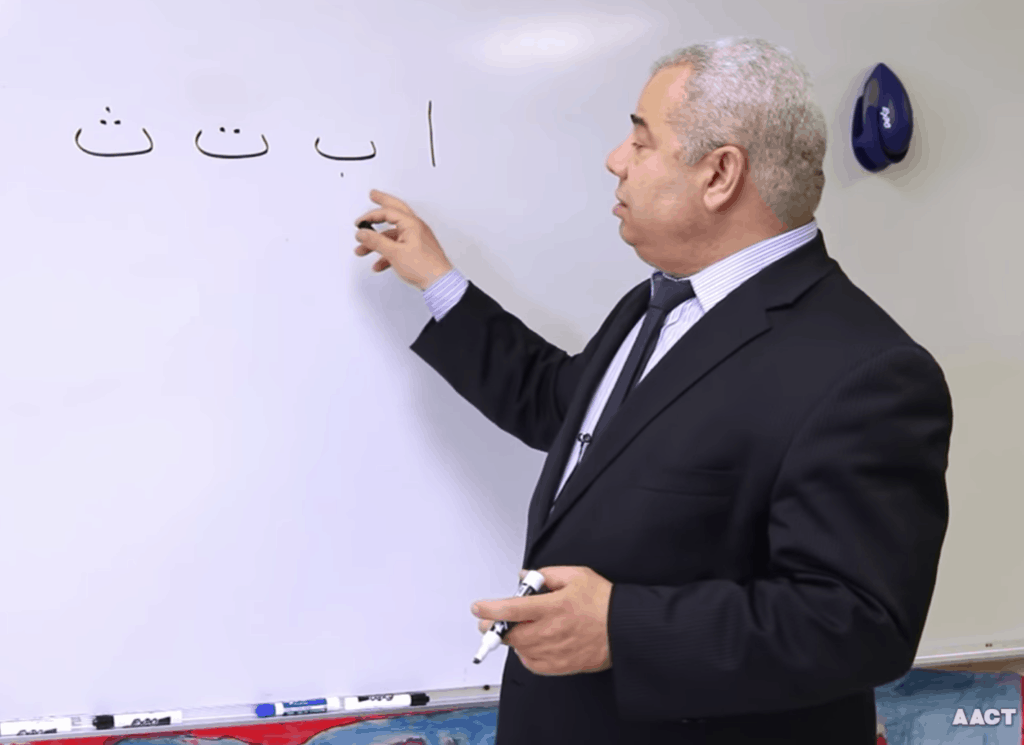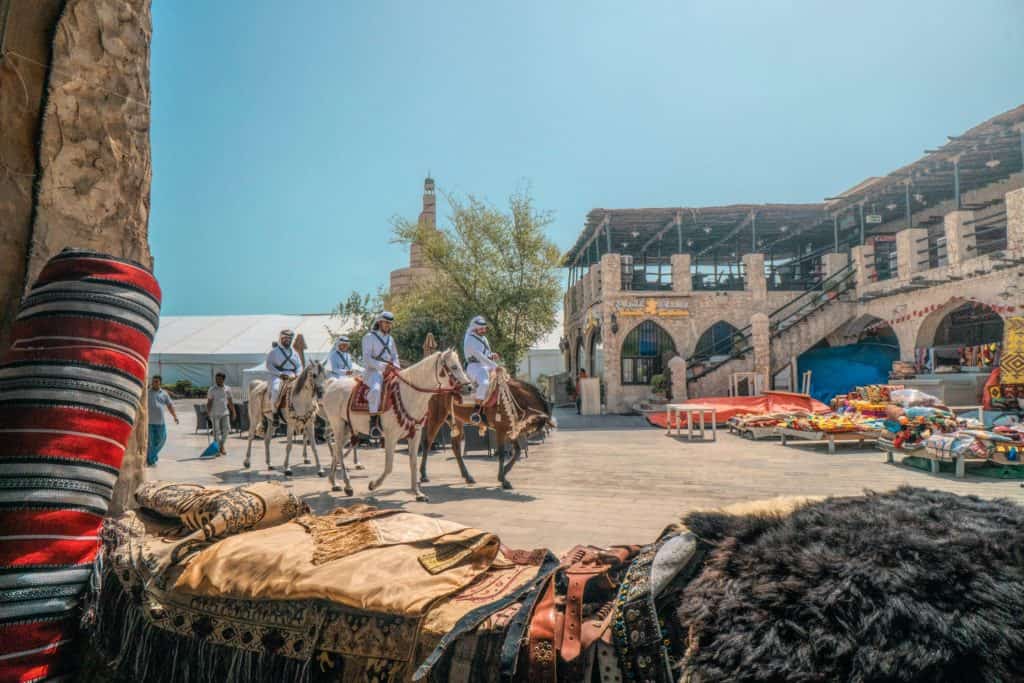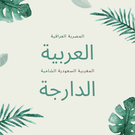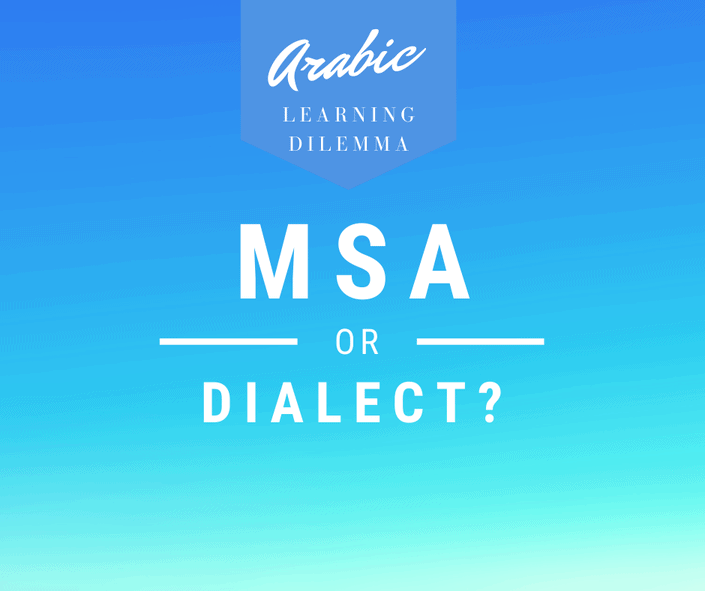Moroccan Arabic, also known as Maghrebi Arabic , or Darija, is the colloquial Arabic spoken in Morocco. During the last two decades, Darija has gained popularity especially among learners of Arabic who want to learn an Arabic dialect in addition to Modern Standard Arabic due to various reasons.
The growth of immigrant Moroccan communities in Western Europe and North America, the increased awareness of the distinctive identity of Maghrebi Arabs versus Middle Eastern Arabs and the growing demand for Darija skills have all contributed to the increased demand for Maghrebi Arabic.
Unfortunately, it is still challenging for learners of Maghrebi Arabic or Moroccan Arabic to find good and reliable Darija Learning resources. The purpose of this post is to provide a practical guide to free and paid learning Moroccan Arabic resources especially for those who want to learn Moroccan on their own.
Table of Contents
How Much Do You Know About Morocco?
If you are serious about learning Moroccan Arabic, whether you want to visit Morocco or just want to learn the language, it is important to first understand the Moroccan mindset and culture. This knowledge will give you insights and understanding, which in turn will act as a natural motivation to keep learning darija.
The Essential Guide to Customs & Culture captures cultural and historical nuances in a non-Academic, fun style. It’s a great read for anyone intending to visit Morocco and a prerequisite for anyone seeking to learn Moroccan Arabic.
What makes Moroccan Arabic darija different?
- Like most Arabic dialects, it’s not all Arabic. There is a mix of foreign languages that compromises about 30 percent of it. You’ll find plenty of French, Spanish and Italian words due to the French colonial past and Moroccans mixing with Spanish and Italian laborers in the early 20th century.
- Phonetically, other Arabs find Moroccan darija quite difficult largely due to its phonetic patterns. For example, an Egyptian may say Darabtu ( I hit it), a Moroccan would say drbtu (I hit it). Notice the absence of vowels in the Moroccan version. It’s the same root /DRB/ but different application of the vocalization.
That’s the Berber influence on the Moroccan dialect. In fact, Berbers make up the majority of Moroccan population. They basically adopted Arabic and applied Berber phonetic rules on it.
This makes Moroccan darija sound faster. You add to it a few European and Berber words, and it becomes a very difficult language to the untrained ear.
How can you learn colloquial Moroccan Arabic?
There are three options for learning Moroccan darija: Online tutoring using native Moroccan speakers; using textbooks and accompanying multimedia content; and using Darija lessons available on YouTube, in that order in terms of efficacy.
Online tutoring could be the most expensive but the most efficient option, followed by Moroccan Arabic learning books and free YouTube lessons as the least expensive and probably the least successful to many learners.
Given the varying available budgets and time availability, you are encouraged to find what works for your own situation and specific goals.The ideal scenario would be a combination of the three if possible.
However, if you are trying to improve your Moroccan conversational skills, obtaining a Moroccan tutor on a platform like iTalki or talkinArabic would be the most effective method. If understanding Moroccan Arabic is your main goal without the need to speak it a textbook and plenty of listening practice on YouTube would suffice.
Whatever works for you, here are some
1. Learn colloquial Moroccan on Online platforms:
Like all other Arabic dialects and unlike MSA, Moroccan darija is spoken more than written. The best way to learn it is to listen/speak it. In other words, you should seek opportunities to learn Moroccan Arabic by speaking practice.
You should engage in conversations with native speakers and learn from the interactions by seeking immediate feedback and mimicking what you hear.
If you have a Moroccan friend, neighbor or a colleague, you can practice conversational Moroccan with him/her. However, if you don’t have access to a native Moroccan speaker, check out one of the most popular platforms for learning Arabic dialects like iTalki.com or TalkInArabic.com. You can check out my review of iTalki to find out if it’s the best fit for you and how you can maximize your benefit from it.
Since the Moroccan dialect is a mainly spoken variant, as opposed to MSA, these online tutoring platforms remain the best resource to learn the dialect.
2. Books for Learning Moroccan Arabic Darija:
It is important to remember that since Moroccan Arabic , like all other Arabic dialects, is rarely written or used in formal settings, it is important to focus on conversational skills to include listening skills. Therefore, don’t bother learning from books that don’t offer digital media that allows you to listen to Moroccan Arabic and practice speaking it.
- Moroccan Arabic: Shnoo the Hell is Going On H’naa? You may have already picked at least two new Moroccan words just from the title. That’s how good this book is. This tops the list of Moroccan darija books and covers grammar, vocabulary, practical conversational skills. Despite the humorous tone, this is not a quick tourist language guide. It’s a textbook with worksheets and requires self-disciplined students.
- A Basic Course in Moroccan Arabic is a high-quality textbook issued by Georgetown University, which has one the strongest Arabic studies programs in the US. This is perfect for the absolute beginner since it starts with the basics of Arabic alphabets before it introduces students to spoken Moroccan darija. The book comes with access to MP3 files to listen to the taught Moroccan Arabic phonetics, vocabulary and dialogues.
This is suitable for both serious and casual learners of Moroccan darija.
3. Learn Moroccan Darija on YouTube:
Books are only one way to learn the language. YouTube is a great platform to increase your exposure to darija and to visually absorb the available learning content.
However, while YT can offer a free resource to learn, it remains the least reliable and structured platform. With that said, it sure can complement online tutoring or textbook studies and is a great resource to improve listening skills.
A- Painless Arabic
This is the most serious, comprehensive and credible YT channel for learning Moroccan dialect.
It’s run by two linguistics gurus, Olivier Durand – PhD in Hebrew Linguistics. Arabic professor (MSA, Moroccan and Palestinian Arabic) at “La Sapienza” University in Rome and Agnieszka Brenzak – Bachelor’s and Master’s degree in Arabic and Islamic Studies. Master in Translation and Interpreting. They are also assisted by Idriss Boumehdi , a linguistics students in Roma Tre University and a Morocco native.
Despite their serious academic background, this trio do not mind going out of their way to act out comedy skits to teach their audience.
However, don’t get fooled by the corny jokes and amateurish acting. These skits are very educational in terms of cultural knowledge and linguistic skills.
What’s more, the skits and dialogues all have Moroccan darija and English subtitles just to make it easy for the learners to follow, take notes and easily understand what’s being said.
B- Learn with Tayeb
I would rank this as the second best if not the top YouTube channel to learn Moroccan Arabic or Moroccan darija. The variety of content shows the seriousness and efforts put in creating the lessons.
This channel boasts over 100 video lessons in colloquial Moroccan Arabic. Lessons cover everyday life needs, darija grammar and phonology.
Most of the lessons are subtitled in English and Arabic to make it easy for students to follow. Some dialogues are scripted in text messages formats , giving it a realistic feel and application for the students.
In my opinion, one the best and most useful types of lessons in this channel are the ones created around real clips from Moroccan drama and series. The bits of dialogue are replayed several times to let students figure it out before the instructor breaks it down along with subtitles.
C- Learn Darija with Kawtar
This channel offers more than hundred video lessons distributed across various themes, topics and monthly challenges.
Katie or Kawtar uploads new video lessons quite regularly which means there’s always new and additional content to learn about Moroccan darija.
Katie is quite upbeat and passionate in her teaching method.
What I like about this channel is the variety of topics, rich content and the regular uploads of lessons. I am surprised at the low number of subscribers at the time of writing this post, but I am sure she will gain additional subscribers in the thousands within a few months.
D- Learn Moroccan Arabic
This is a nice platform to learn Moroccan Darija especially among learners who are preparing to travel to Morocco. It offers the opportunity to learn commonly used Darija expressions, which are presented in English, Arabic and in their phonetic spelling.
Although it doesn’t offer a comprehensive solution to learning Moroccan Arabic, it does offer a tool in the box for free. You’ll definitely pick up a few Moroccan expressions you can use while visiting the country.
Conclusion:
The ideal scenario for learners of Moroccan dialect would be to combine online tutoring with Moroccan learning textbooks and some YouTube exposure. However, if you have to choose one resource to learn to speak Moroccan, I would invest in the reasonably priced iTalki tutors or Talk In Arabic.
If your budget doesn’t allow, try the low-cost option of textbook learning or the free YouTube lessons.
The results will vary but you will be making progress regardless. Never wait for the ideal conditions to start your learning.






Comments are closed.